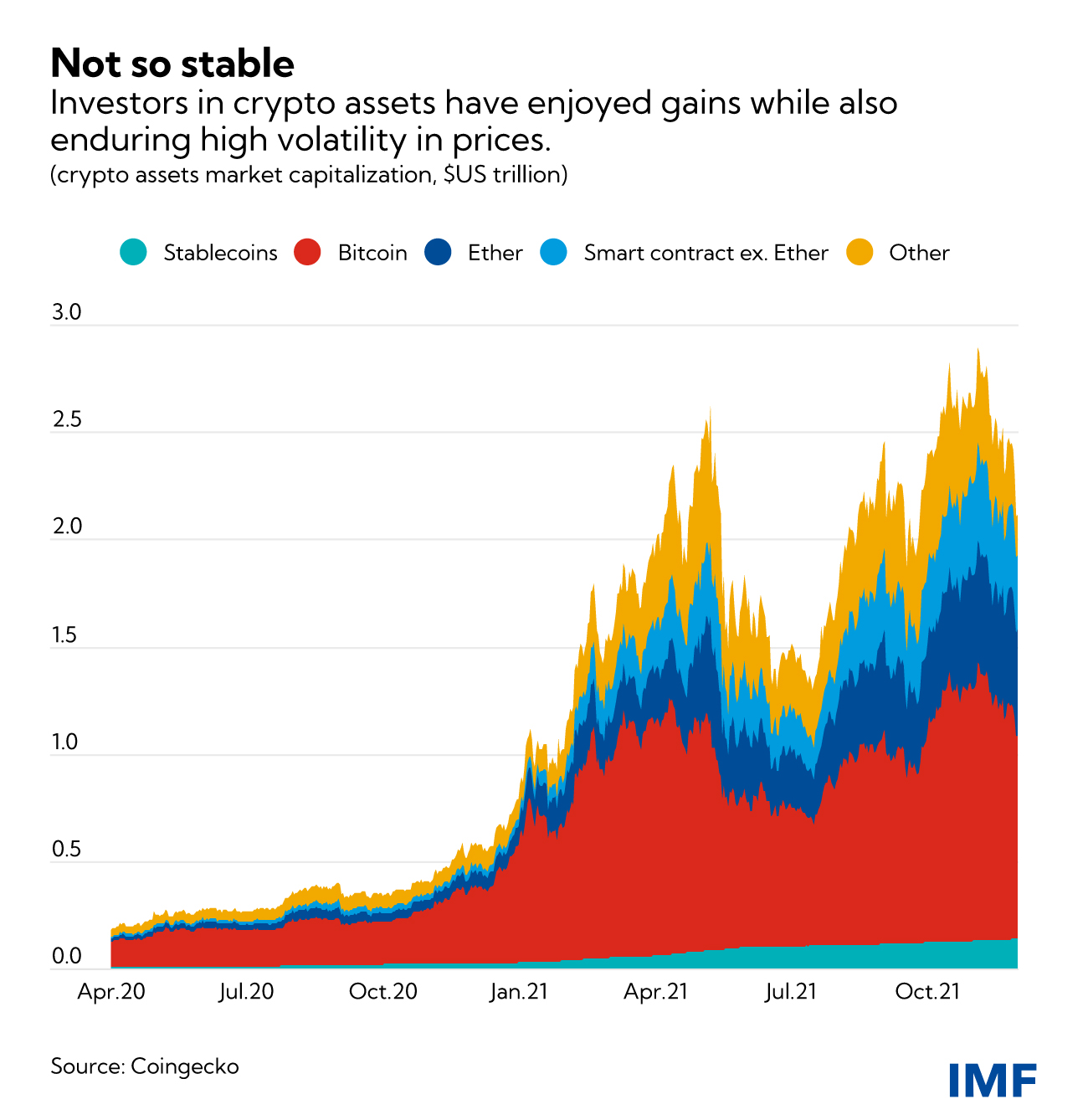Your Ultimate Hookup Resource
Explore a comprehensive directory for connections and relationships.
Crypto Regulation Roulette: What’s The Next Spin?
Discover the wild world of crypto regulations! Join us as we analyze the latest spins and predict what’s next in the ever-changing landscape.
Understanding the Global Landscape of Crypto Regulation: Key Players and Trends
The global landscape of crypto regulation is evolving rapidly, influenced by a variety of factors including technological advancements, economic considerations, and political will. Various countries are taking distinct approaches, which adds a layer of complexity for businesses and investors alike. Key players in this space include regulatory bodies such as the U.S. Securities and Exchange Commission (SEC), the European Securities and Markets Authority (ESMA), and the International Financial Action Task Force (FATF). These organizations are working to establish guidelines that not only foster innovation but also protect consumers and maintain market integrity.
Current trends show a growing consensus on the necessity for regulatory frameworks that accommodate the unique attributes of cryptocurrencies and blockchain technology. For instance, many jurisdictions are focusing on defining security tokens versus utility tokens to clarify their legal status. Moreover, increased collaboration between countries is becoming evident, as seen in initiatives like the Global Financial Innovation Network (GFIN), which aims to harmonize regulatory approaches across borders. By understanding these key players and trends, stakeholders can better navigate the complex waters of crypto regulation.

Counter-Strike is a popular first-person shooter game that pits teams of terrorists against counter-terrorists in various scenarios. Players engage in intense tactical gameplay, requiring teamwork and strategy to succeed. For those interested in enhancing their gaming experience or exploring new opportunities, you can check out the latest deals using the betpanda promo code.
Is Your Cryptocurrency Portfolio Protected? Navigating Regulatory Risks
In an ever-evolving financial landscape, the question Is Your Cryptocurrency Portfolio Protected? has become increasingly pertinent. As governments around the world ramp up regulatory scrutiny on digital assets, investors must stay informed about the potential legal pitfalls that could affect their holdings. It is essential to understand how these regulations might impact your investment strategy and the overall market environment. Regulatory bodies are beginning to draft laws that may affect everything from taxation to trading practices, leading to uncertainty that could adversely impact your portfolio.
To effectively navigate these regulatory risks, consider diversifying your cryptocurrency portfolio across different jurisdictions and asset classes. A well-rounded approach not only mitigates the impact of adverse regulations but also helps you capitalize on favorable ones. Additionally, staying educated on regulatory developments and seeking advice from financial experts can bolster your defense against potential legal issues. Remember, proactive management of your portfolio is key; keeping abreast of regulatory changes is crucial for maintaining the longevity and security of your investments.
What’s the Future of Crypto Compliance? Insights from Industry Experts
As the crypto industry continues to evolve, the future of crypto compliance appears to be shaped by a delicate balance between innovation and regulation. Experts agree that regulatory frameworks will become more defined, providing clear guidelines that protect investors while fostering the growth of blockchain technology. Industry leaders suggest that upcoming regulations will likely focus on improving transparency and ensuring that platforms adhere to anti-money laundering (AML) and know your customer (KYC) protocols. This shift towards a more structured compliance landscape could ultimately lead to increased confidence among users and institutions alike.
Moreover, as decentralized finance (DeFi) and non-fungible tokens (NFTs) gain traction, compliance challenges will become more complex. Industry experts predict that we will see a rise in the use of compliance technology solutions, which leverage artificial intelligence and machine learning to streamline the monitoring of transactions and ensure adherence to regulations. These advancements will not only mitigate risks but also enable companies to navigate the rapidly changing landscape effectively. Ultimately, a proactive approach to crypto compliance will be crucial for businesses aiming to thrive in this dynamic environment.